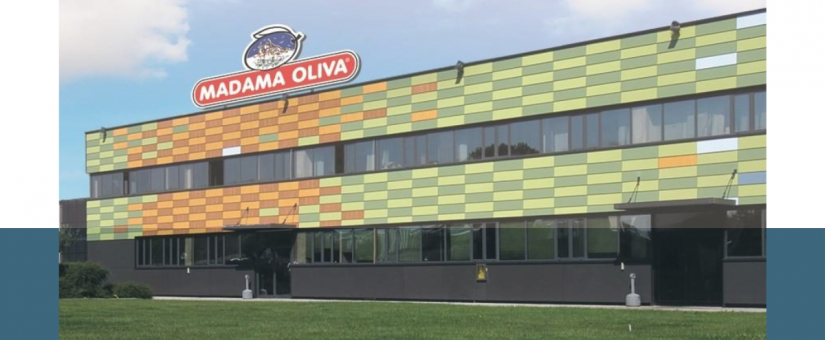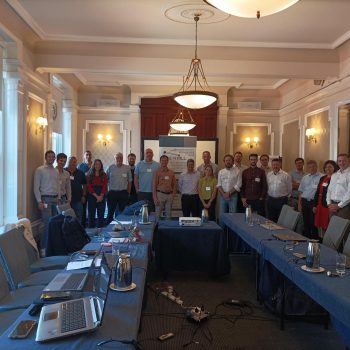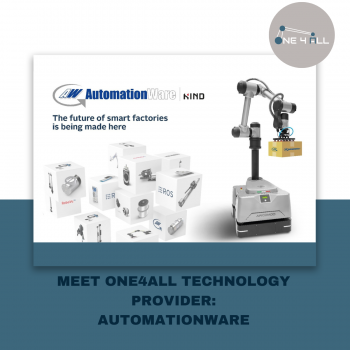
One4All use cases: Interview with Madama Oliva
- Posted by Mara Corbella
- On June 21, 2023
- 0 Comments
- application, collaborative-robot, demo-case
Madama Oliva is one of the One4all case studies. It is an international leader in the processing and packaging of distinct types of olives and other products (like lupini beans, tapenades, and many others.)
In this article we have interviewed Madama Oliva to discover more about the demonstration case.
What are the challenges addressed by the project in the Madama Oliva use case?
One of the main objectives of ONE4ALL project for the Madama Oliva application consists in analyzing relevant quantities of olives, developing a system for the pick and place of the discarded fruits with the required speed and precision. Moreover, the application will also target quality control and palletization of different packages in the storage area.
What are the applications for the one4all project in the Madama Oliva case?
The technical partners involved in the demonstration activities are evaluating two main applications int the Madama Oliva use case.

The first application concerns the selection process of olives based on defect and color, by application of collaborative-robots and Artificial Intelligence (AI). The system will identify and remove fruits that do not conform, while the flow of olives runs on a sorting belt. This belt is equipped with several lanes where the discarded fruits must be divided and then classified by type and severity of defects.
The second application is related to the quality control and palletization process of packages, by application of collaborative-robots and AI able to discriminate defective packages

What is the impact that this innovative technology will bring?
The impact of this innovative technology will be lifechanging for Madama Oliva.
It has the potential to increase the quantity of products processed per unit of time, the efficiency in the selection process, and the overall production speed and efficiency. Additionally, it will improve the division of discarded fruit and therefore get a higher percentage of recoverable fruit for other processes and decrease the number of defected pieces shipped.
What is the expected impact in terms of sustainability?
The expected improvements in sustainability for both applications are on different areas:
- redeploy workers in activities with greater added value and not repetitive and alienating, also increasing skills and job satisfaction.
- save energy and water resources, whose use is high due to slowdowns or rework caused by human error.
- reutilization of the raw products will be increased since the collaborative-robots will improve the amount of waste by making it more homogeneous and reusable in other processes.


